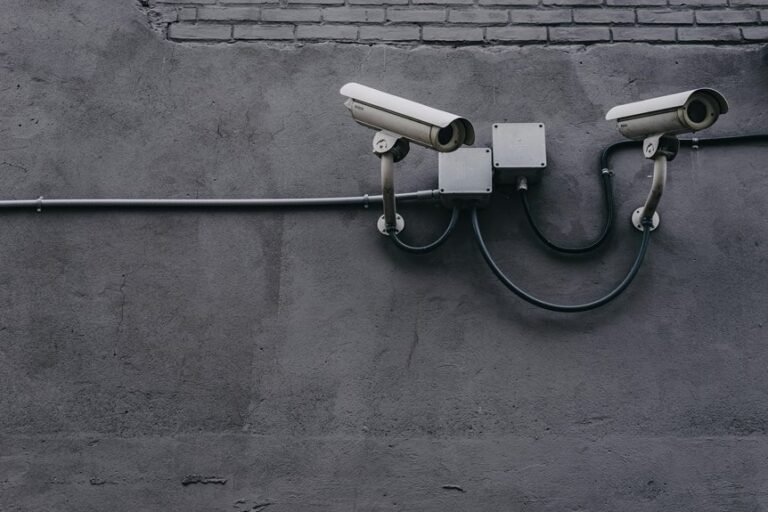Cyber Infrastructure Integrity Department 5089739001 5044019299 8326946039 18886727547 9592050377 9562971414
Cyber attacks have increased by over 300% in the past year, highlighting the urgent need for a resilient cyber infrastructure. The Cyber Infrastructure Integrity Department plays a critical role in developing frameworks that address these vulnerabilities. By employing advanced technologies, they’re not just enhancing security but also fostering trust between sectors. Yet, the challenges they face are evolving. What strategies are being implemented to keep pace with these dynamic threats?
Key Initiatives of the Cyber Infrastructure Integrity Department
What makes the key initiatives of the Cyber Infrastructure Integrity Department critical to national security?
You’re looking at robust cyber policy frameworks that prioritize risk assessment methodologies. These initiatives not only identify vulnerabilities but also implement strategic safeguards against potential threats.
Challenges Facing Cyber Infrastructure Security
Although advancements in technology have enhanced cyber defense capabilities, significant challenges still undermine the security of cyber infrastructure.
You face persistent issues like inadequate threat detection systems, which fail to identify sophisticated attacks early.
Additionally, data breaches remain rampant, exposing sensitive information and eroding trust.
Addressing these challenges requires continuous improvement in detection methods and proactive strategies to safeguard vital data.
Advanced Technologies in Cyber Defense
As cyber threats evolve in complexity, leveraging advanced technologies in cyber defense has become essential for organizations aiming to protect their digital assets.
Employing quantum encryption ensures that data remains secure against potential breaches, while AI analytics can identify patterns and anomalies in real-time, enabling proactive threat detection.
Integrating these technologies empowers you to fortify your defenses and maintain control over your cyber landscape.
Impact on Public and Private Sector Trust
Advanced technologies in cyber defense not only enhance security measures but also play a significant role in shaping trust between public and private sectors.
You’ll notice that improved trust dynamics foster stronger sector collaboration, enabling both sides to share critical information and resources efficiently.
This synergy not only mitigates risks but also cultivates an environment where innovation and transparency thrive, benefiting society as a whole.
Conclusion
In conclusion, as cyber threats evolve, the Cyber Infrastructure Integrity Department’s initiatives become increasingly vital. For instance, consider a hypothetical scenario where a major city’s power grid is compromised due to outdated security measures. By leveraging AI analytics and quantum encryption, the department could prevent such attacks, demonstrating the importance of continuous adaptation in cyber defense. Strengthening public and private sector trust not only enhances security but also fosters collaboration, essential for a resilient digital future.






